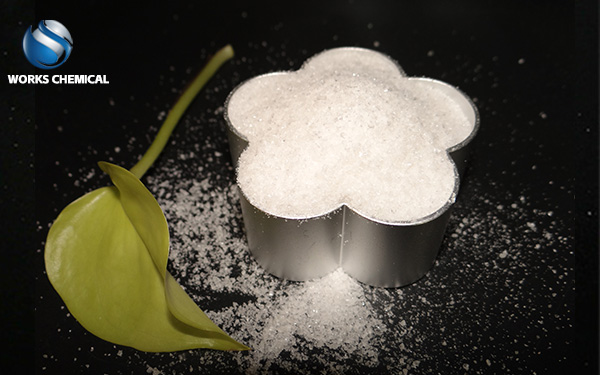
Sludge enhancers are chemical or biological agents specifically designed to enhance the efficiency and effectiveness of sludge treatment. They are typically composed of a variety of functional components, such as flocculants, oxidants, enzyme preparations, surfactants, etc. Its core function is to optimize the dewatering performance of sludge, reduce treatment costs, lower environmental risks, and promote the resource utilization of sludge through physical, chemical or biological actions. The following is a detailed analysis of its core function:

Promote sludge dewatering and reduce moisture content
Mechanism of action: The organic flocculants in the sludge enhancer can destroy the double electric layer on the surface of sludge particles, causing tiny particles to aggregate into large ones (flocculation) and release bound water. Meanwhile, surfactants can reduce the interfacial tension between sludge and water, accelerating the separation of water.
Effect: Significantly reduce the volume of sludge (the moisture content can be lowered from over 80% to below 60%), and lower the energy consumption and cost of subsequent treatments (such as filtration and drying).
Two. Improve the properties of sludge and enhance treatment efficiency
Breaking the cell wall: By decomposing the cell walls of microorganisms in the sludge, intracellular water is released, further reducing the volume of the sludge.
Adjusting pH value: Sludge enhancers can neutralize the acidity of sludge and optimize the conditions for subsequent anaerobic digestion or aerobic composting.
Three. Decompose organic matter and reduce pollution risks
Oxidative degradation: Strong oxidizing components can decompose refractory organic matter in sludge, reducing the toxicity and odor of the sludge.
Inhibiting pathogens: By disrupting the structure of microorganisms, it reduces pathogenic bacteria and parasite eggs in sludge, enhancing hygiene and safety.
Four. Promote the reduction and resource utilization of sludge
Reduction: Through the above effects, the total amount of sludge can be reduced by 30% to 50%, lowering the pressure of landfill or incineration.
Resource utilization
Fertilization: After decomposing organic matter, nutrients such as nitrogen and phosphorus in the sludge are more easily absorbed by plants and can be used for soil improvement.
Energy utilization: After improving the dewatering property of sludge, the efficiency of biogas production through anaerobic digestion can be enhanced, or it can be used as raw material for biomass fuel.
Five. Environmental Protection and Economic Benefits
Reduce secondary pollution: Lower the leachate and odor emissions during the sludge treatment process to meet environmental protection standards.
Cost savings: Shorten processing time, reduce the amount of chemicals used and equipment energy consumption, and enhance overall economic efficiency.
Application scenarios
Municipal sewage treatment plants: Used in conjunction with plate and frame filter presses or centrifuges to enhance dewatering efficiency.
Industrial sludge treatment: For high-concentration organic sludge from chemical, papermaking and other industries, accelerate the reduction and harmless treatment.
Sludge incineration/landfill: Reduce transportation and disposal costs through volume reduction.
Summary
The core value of sludge enhancers lies in solving the problems of "high water content, difficult dewatering and heavy pollution" in sludge treatment through the synergistic effect of multiple components, promoting the transformation of sludge from "waste" to "resource", and contributing to the circular economy and sustainable development.